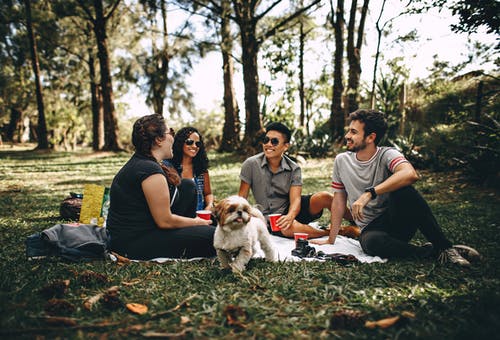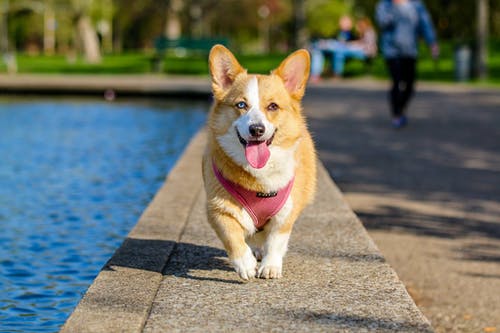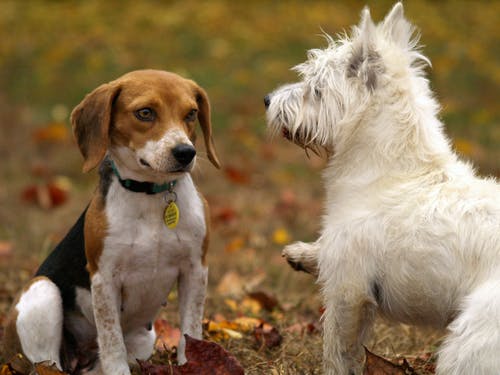Canines explore their surroundings by mouthing, tasting, and chewing, and as a result, they ingest potentially hazardous foreign objects. When a toy breaks or falls to the ground, dogs may swallow strange things. Used tampons and even grease-stained aluminum foil attract canine dumpster divers searching for leftovers. Foreign body obstruction in dogs can be a medical emergency that, if left untreated, might cost you money and your pet’s life.
What should I do if my dog swallows anything foreign?
You must immediately contact a veterinarian from places like ivvsvets.com to alert them of the issue. Even if you fear your dog has consumed something, you must immediately contact your veterinarian. You will be advised on the probability of the object being struck and the optimal course of action.
Why see the veterinarian immediately?
Call a 24-hour animal hospital surgery center to explain the issue if your usual veterinarian is unavailable. The optimal plan of action permits professionals to evaluate the issue precisely. The owner must not wait for the thing to pass by itself. Certain foreign things can do just as much damage after they are ejected as when they are ingested. Do not induce vomiting without a veterinarian’s consent.
What will the veterinarian perform to diagnose the situation?
Once the clinical examination, symptoms, and information about the foreign substance and its likely location have been obtained, your veterinarian will be able to inform you of your pet’s essential therapy.
If your pet has recently swallowed the object and is otherwise healthy, your veterinarian may be able to prescribe vomit-inducing medication to prevent a blockage farther down the intestines. Objects lodged in the mouth, such as a bone caught on a tooth, can be easily retrieved during consultation while the patient is sedated or under local anesthesia. Occasionally, if the foreign object is small enough, you can observe your dog’s appetite, clinical indications, and feces to confirm that it has passed safely.
Your pet may require a blood test to rule out other possible causes of the clinical symptoms and to check for electrolyte imbalances, degree of dehydration, and other foreign body-related concerns. Intravenous fluid administration will assist in rehydrating your pet.
Your veterinarian may recommend abdominal radiographs for a better understanding of abdominal issues. The foreign object and variations in the intestinal gas pattern will be looked for. If a foreign body or blockage is not immediately obvious, a contrast agent or barium examination may be indicated to outline the foreign body or emphasize the obstruction. Abdominal ultrasound can also be useful for assessing the abdomen and guiding treatment. Flexible endoscopes can diagnose and remove esophageal foreign substances.
Urgent surgery from places like Upland emergency animal clinic may be recommended to remove the foreign object from the intestines to prevent blockage and severe complications. The longer the presence of the foreign body remains, the more problematic the resulting condition becomes. Occasionally, a portion of the colon must be removed because it is considered unhealthy and likely to worsen following surgery. A ruptured gut and subsequent peritonitis dramatically worsen the prognosis.
Prevention Is Superior to Treatment
Preventing foreign object emergencies is optimal. Dogs utilize their tongues to explore the world and consume inedible items. Because they consume so many foods, it may be impossible to eliminate all temptations. If your dog likes socks or underwear, keep them out of his reach. Keep skewered meat out of reach, as they will also consume the skewer. Ensure that your pet cannot ingest new toys, rawhide, or dental chews.








